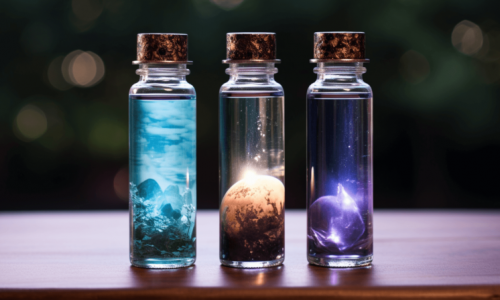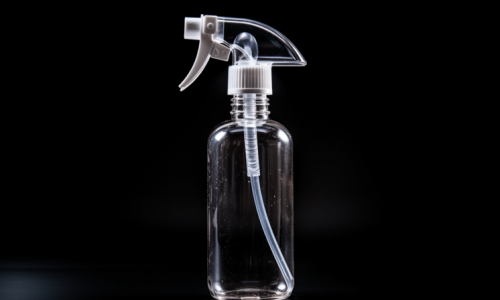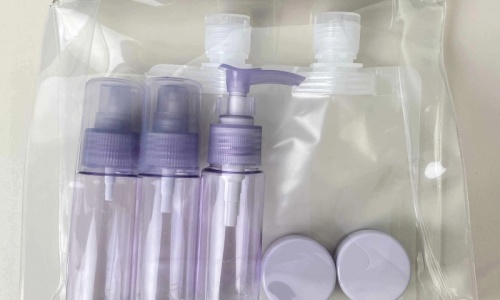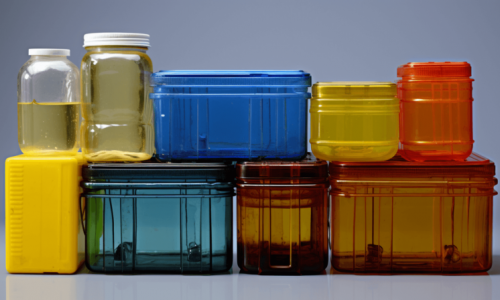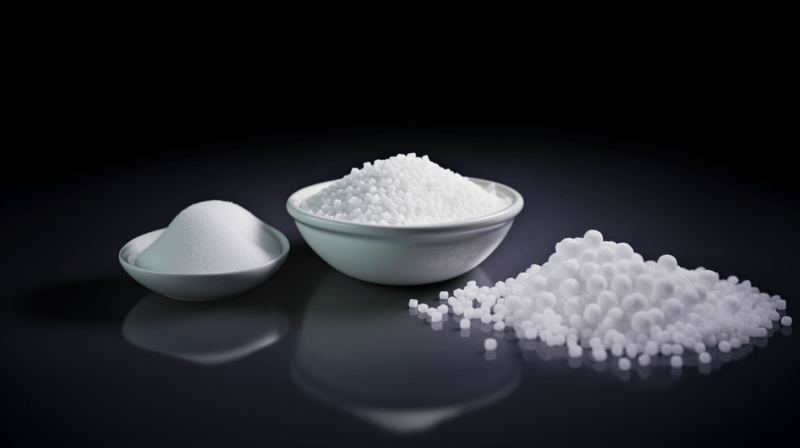
Plastic waste is a massive global problem, with millions of tons ending up in landfills and oceans each year. But there is a potential solution – PCR (Post-Consumer Recycled) plastic. PCR gives used plastic packaging and items a second life, reducing waste and the need for virgin plastic production.
What Exactly Is PCR Plastic?
PCR stands for Post-Consumer Recycled material, also called Post-Consumer Resin or Post-Consumer Recyclate. It refers to plastics like PET, PP, and HDPE that are collected after consumer use, recycled, and then reprocessed into resin to make new packaging and products.
In simple terms, PCR means plastic packaging and items that would otherwise be disposed of are instead ground up, melted down and turned into pellets or flakes that can be remolded into new things. Common examples are recycled PET bottles turned into fibers for clothing and carpets, or HDPE milk jugs turned into detergent bottles.
Why Use PCR Plastic?
There are several key benefits to using PCR plastic:
- Reduces waste: Recycling used plastics decreases the amount ending up in landfills and oceans. It gives plastic multiple lives instead of just one.
- Uses less energy: Making products with PCR plastic takes significantly less energy than producing virgin plastic resin. Some estimates show it uses 2/3 less energy.
- Lowers carbon emissions: Closely tied to energy use, PCR plastic reduces the carbon emissions associated with plastic production. This supports companies’ sustainability goals.
- Creates demand for recycling: The more brands use PCR plastic, the more post-consumer plastic needs recycling. This helps scale up recycling infrastructure.
- Saves on costs: PCR plastic is often less expensive than virgin resin. And companies can get tax rebates and credits for using it.
- Appeals to eco-conscious consumers: Many people actively choose products with eco-friendly packaging. PCR plastic appeals to their values.
Is PCR Plastic Perfect? Potential Drawbacks
While having major advantages, PCR plastic also has some potential limitations brands should be aware of:
- Quality inconsistencies: PCR plastic often has slight variations in color, opacity, and strength compared to consistent virgin resins. Advanced sorting and processing is improving this.
- Risk of contamination: For products like food and pharmaceuticals, there’s a risk of contamination from prior uses. But proper sorting and advanced technology now make PCR safe for many applications.
- Recyclability limitations: Not all PCR plastic can be recycled indefinitely. The quality gradually declines over repeated recycling. But it can typically be recycled many more times than virgin plastic.
- Process challenges: Working with PCR plastic can be more challenging compared to uniform virgin resins. But this is becoming less of an issue with improved technology.
PCR Vs. Other Eco-Friendly Plastics
It’s important to understand PCR plastic compared to other sustainable plastic options like bioplastics and biodegradable plastics:
- Bioplastics are made from renewable plant-based sources, not fossil fuels. But they aren’t necessarily biodegradable or compostable.
- Biodegradable plastics are designed to fully decompose. But they may disrupt recycling and won’t necessarily biodegrade in landfills.
- PCR plastic isn’t biodegradable. But giving used plastics new life is better for the environment than single-use virgin plastic or unchecked disposal.
Start Using PCR Plastic For Sustainable Packaging
Eco-conscious consumers and sustainably-minded companies are increasingly looking for packaging solutions that reduce environmental impact. With advantages like waste reduction, energy savings, and recyclability, PCR plastic is an excellent option for creating greener packaging.
Begin by incorporating just a small percentage of PCR plastic into your packaging. This helps build demand, quality, and processing improvements to allow higher percentages in the future. With the right design and messaging, PCR plastic can be leveraged as a sustainability win with consumers who are motivated to make ethical purchases. Just be transparent about exact content and recyclability.
While no solution is perfect, PCR plastic makes significant strides over virgin plastic in reducing waste, emissions, and resource use. Specifying it for your packaging is one impactful step on the continuing journey to sustainability.


